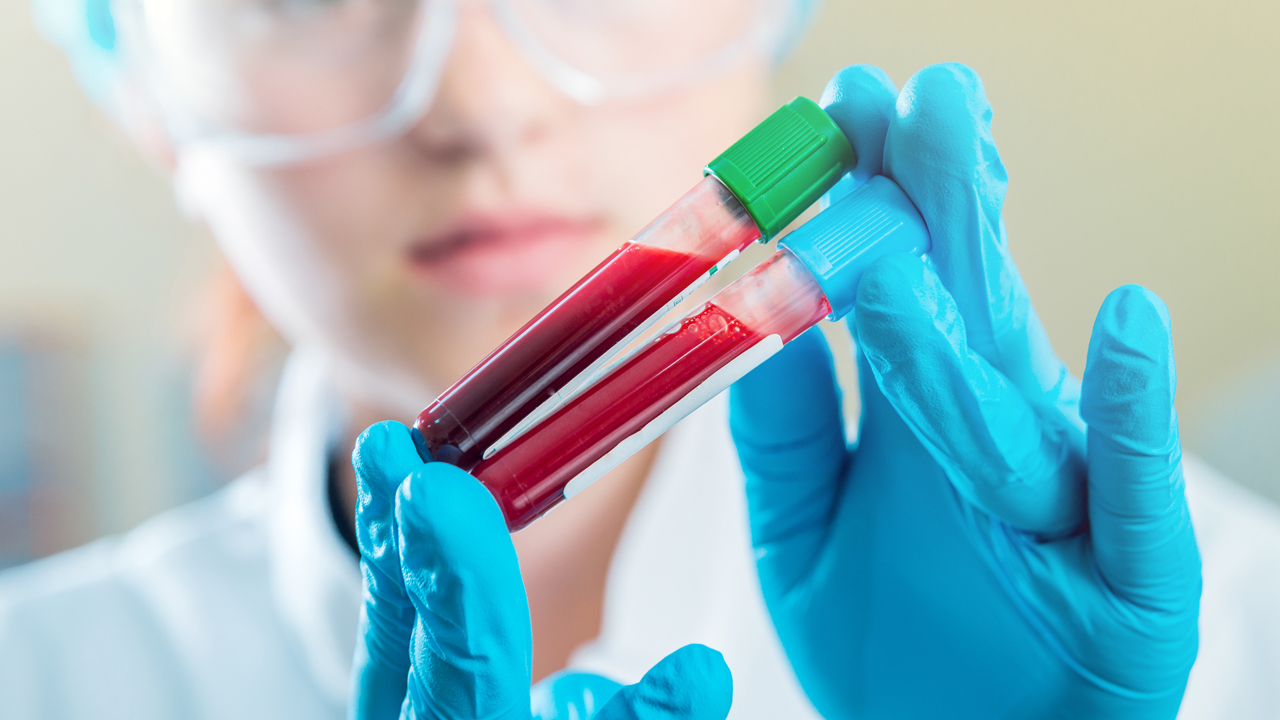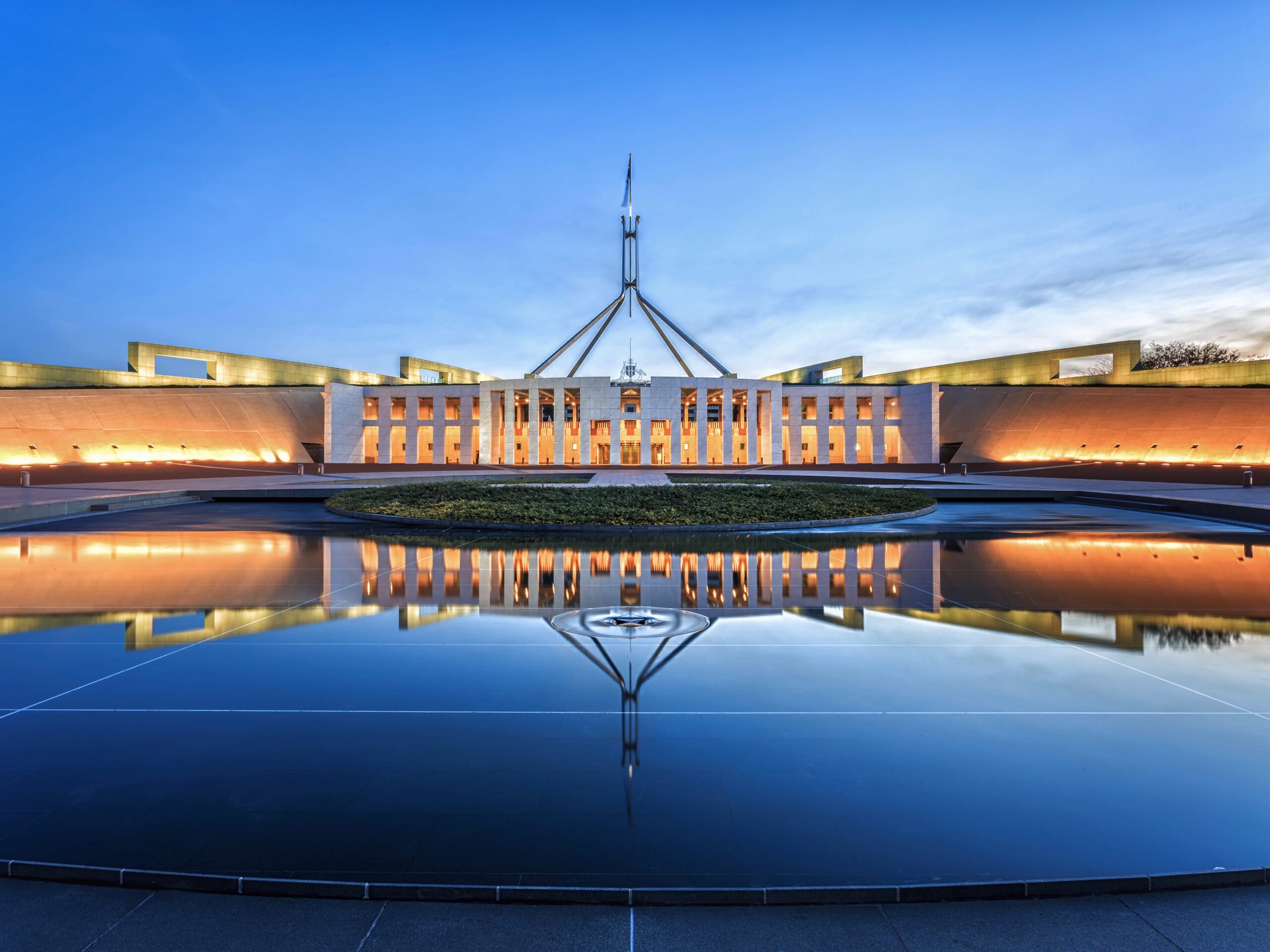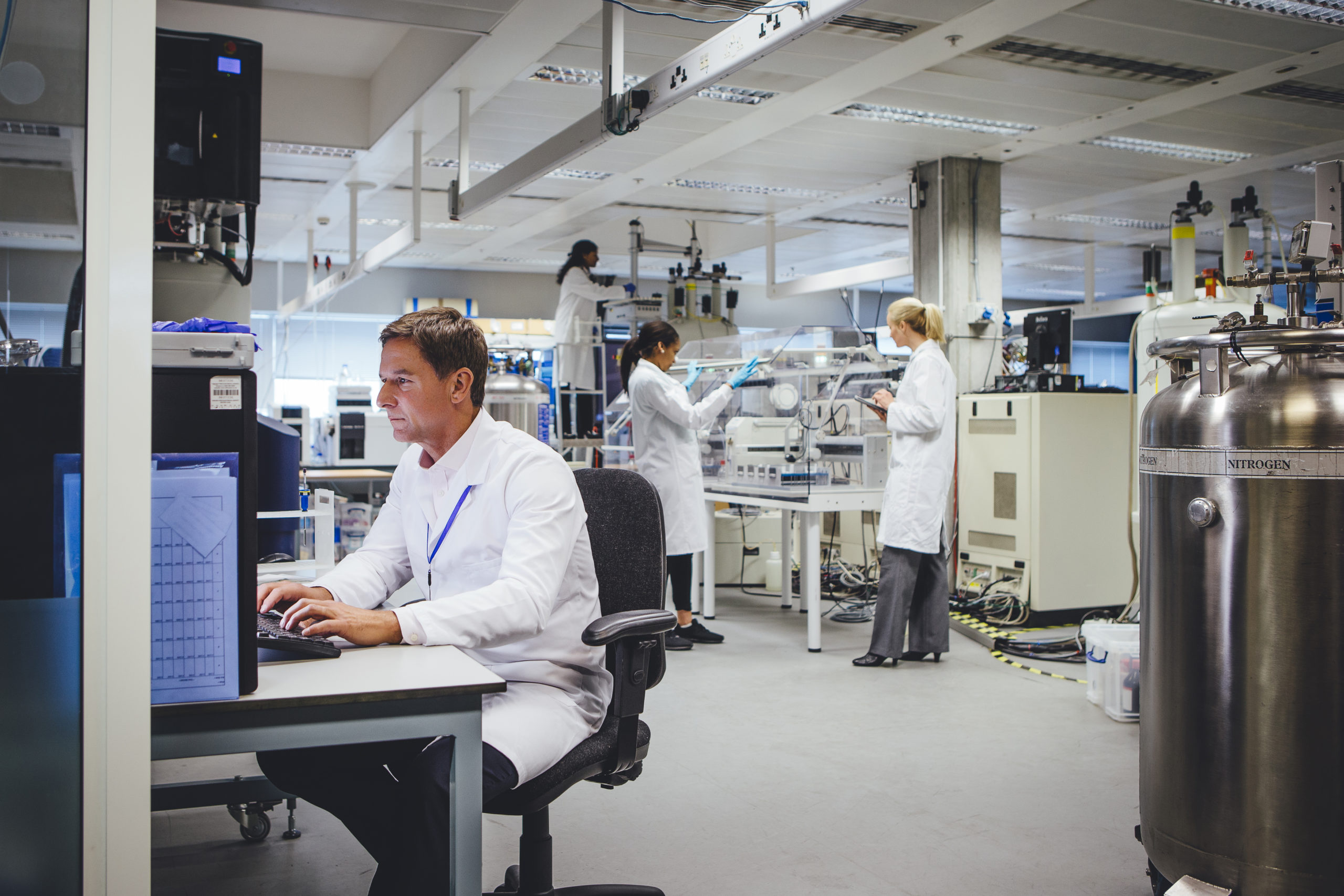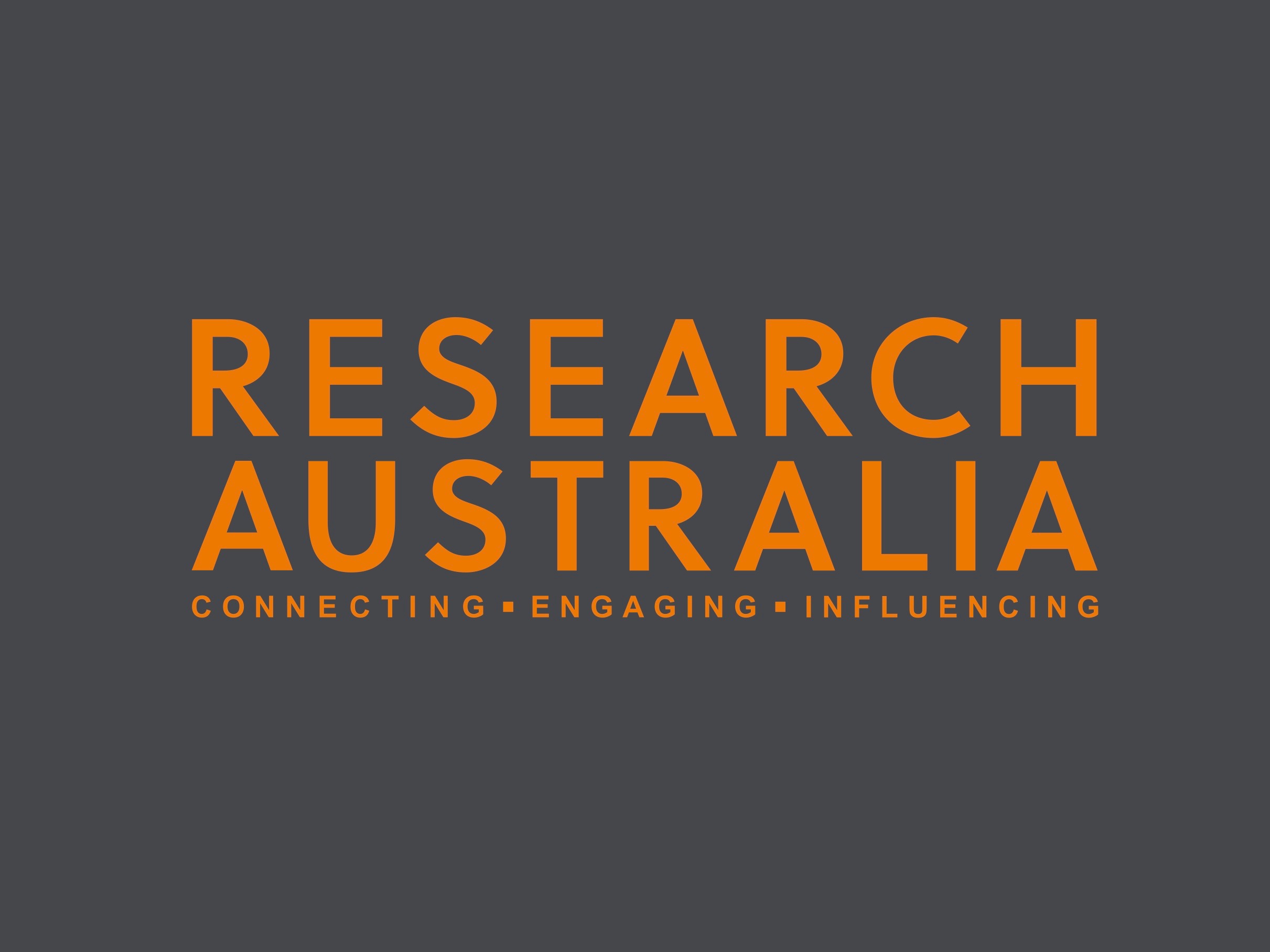11 May 2021
Aged care and mental health reform
The national peak body for Australian health and medical research has welcomed additional Government investment in key policy areas including aged care and mental health in the Federal Budget.
However, more thought must be given to the critical role health and medical research plays in health reform.
Research Australia CEO Nadia Levin said, “While more investment in aged care and mental health is undoubtedly welcome, we haven’t yet seen a clear line of funding for the critical role of research in the development and implementation of new programs.
“Within the $2.3bn Mental Health and Suicide Prevention Plan, there is $117.2 million for data collection, in part to establish the evidence base for reforms. We will be seeking the advice of key mental health research experts to understand how this data can inform continuous, evidence-based improvement to Australians’ mental health care.
“The Aged Care Royal Commission recommended more funding for research into aged care and healthy ageing. We don’t currently have detail on how that recommendation has been reflected in the Aged Care Reform Package.
“Research Australia has brought together an Aged Care Working Group with leading aged care researchers, health economists, service providers and consumer representation. We’ve formed this Group to put the Aged Care Reform Package under the microscope and provide expert advice to Government on how research can underpin aged care reform.”
Health Innovation
Research Australia has welcomed the Federal Government’s commitment to patent box tax treatment to encourage health innovators to manufacture their discoveries onshore.
“Research Australia has been a long-term advocate for a patent box policy. It has been proven to work overseas and it, along with the R&D Tax Incentive, will help in building local medical manufacturing and reducing Australia’s reliance on medical imports,” Nadia Levin said.
Research Australia has also welcomed the commitment to funding to develop an onshore mRNA vaccine manufacturing capability in Australia.
“This is an important step towards a national capability to ensure Australia is part of a ballooning global supply chain of future medicines and vaccines which will be mRNA-based.
“A nationally significant capability like this requires a coordinated, national approach. We need to draw in Australian mRNA experts from universities across the country, Australian industry partners already doing work in mRNA and the states who are already progressed in looking at their own local mRNA capabilities.
“Research Australia was one of the first groups to call for a feasibility study into mRNA technology because we know that this complex capability cannot be delivered by researchers or industry acting alone.
“We also know that mRNA is not just about vaccines. With further research, RNA has a potential application in cancer immunotherapy, regenerative medicine and genome editing. It can be used to treat genetic disorders like cystic fibrosis and muscular dystrophy, cancers, infectious diseases and cardiovascular diseases.
“An onshore mRNA capability is a golden opportunity to match Australia’s world-class research capability with commercial capability,” Nadia Levin said.
The MRFF and the NHMRC
The Health Budget has also delivered key funding with the Medical Research Future Fund now fully matured and on track to deliver $2.4 billion in research funding over the next four years.
“Australians deserve access to the latest and best treatments and therapies delivered by the world’s most innovative health system.
While the sustained investment in the MRFF in tonight’s budget is a welcome step towards this, funding for the National Health and Medical Research Council and the Australian Research Council fail to even keep pace with inflation.
“In real terms, funding for the NHMRC and ARC is declining. The NHMRC plays a unique and vital role in funding medical research separate to the MRFF and at a minimum, its funding must keep pace with inflation if it is to guarantee the pipeline of health and medical research so vital to our national health and wealth,” said Nadia Levin.
Higher education
Australian universities are critical to carrying out health and medical research in Australia. More than half of Australian health and medical research is conducted in Australian universities and they provide a skilled workforce to the health and medical research sector.
“Without a national plan for the safe return of international students, there continues to be a lost revenue stream for universities which will ultimately start to impact how much health and medical research Australia can do. And whilst last year’s $1bn funding commitment was welcome, long-term sustainable funding is needed if we’re to keep pace with global advances in medicine.
“In the coming months and years, Australians will look to health and medical research and innovation to deliver more effective treatments and more efficient pathways of care to curtail these costs. Research Australia will continue to work with Government to ensure support for the crucial role all parts of the health and medical research pipeline have to play in delivering better, more sustainable care.” Nadia Levin said.
The budget announcements are part of the equation, Research Australia will continue its advocacy efforts, influencing smarter investment in health and medical research and innovation.
Health and medical research must be seen and treated as the critical national capability it is. Not only to ensure our health and quality of life, but as a key driver of our economy.
www.researchaustralia.org
Research Australia is the national peak body for Australian health and medical research – representing the entire pipeline from fundamental research through to health innovation and commercialisation.
Media contact: Lucy Clynes 0404 068 912









